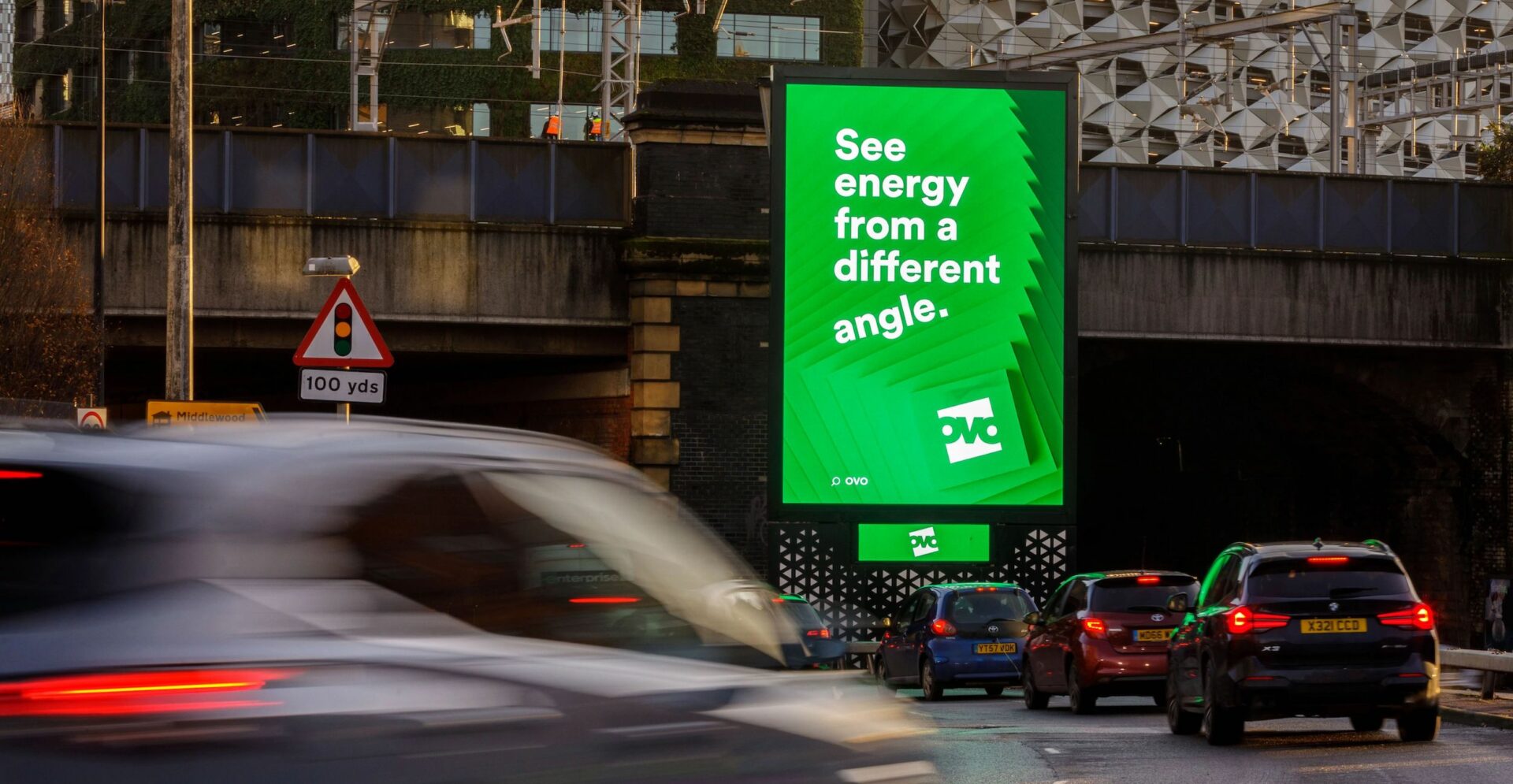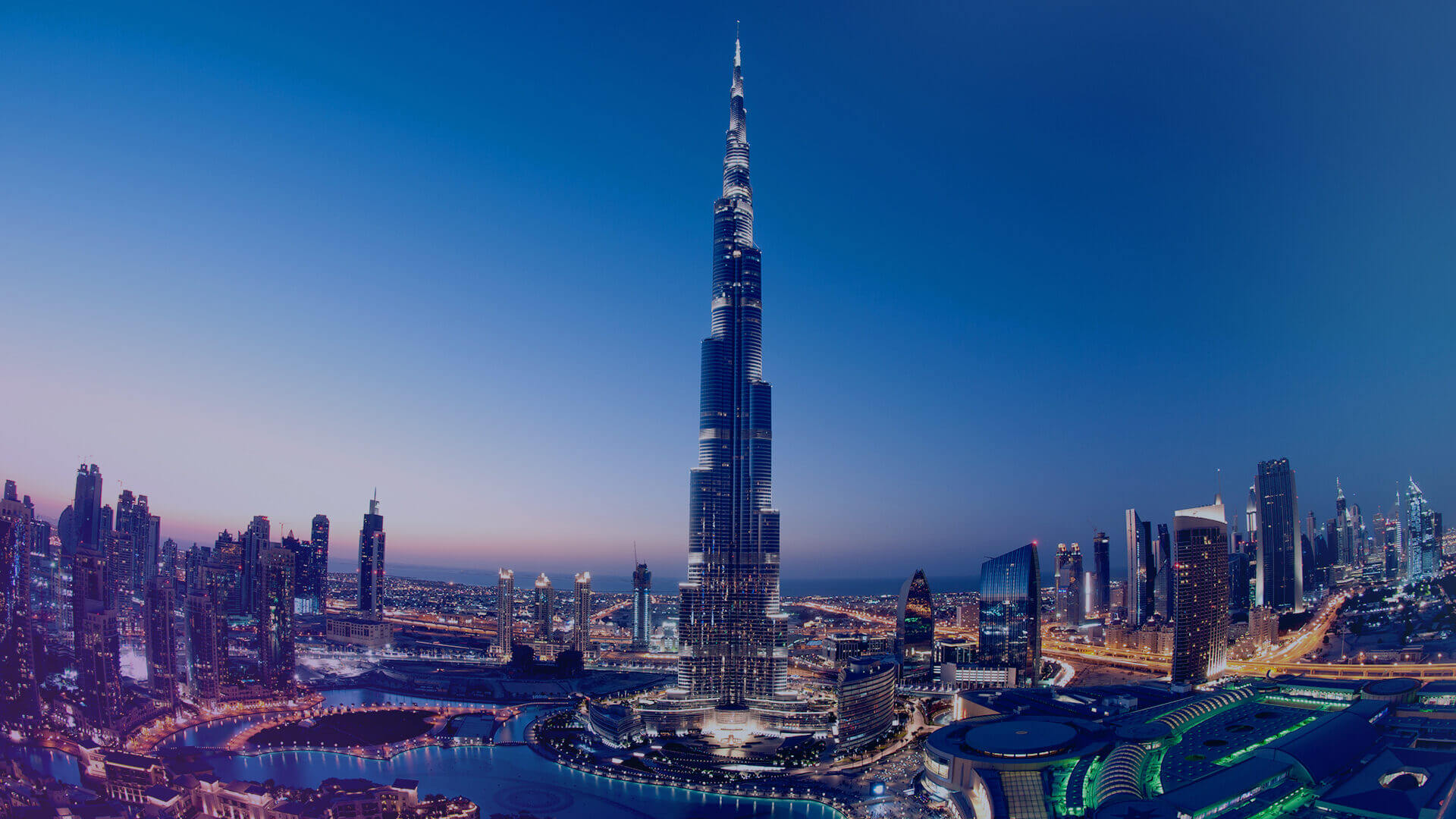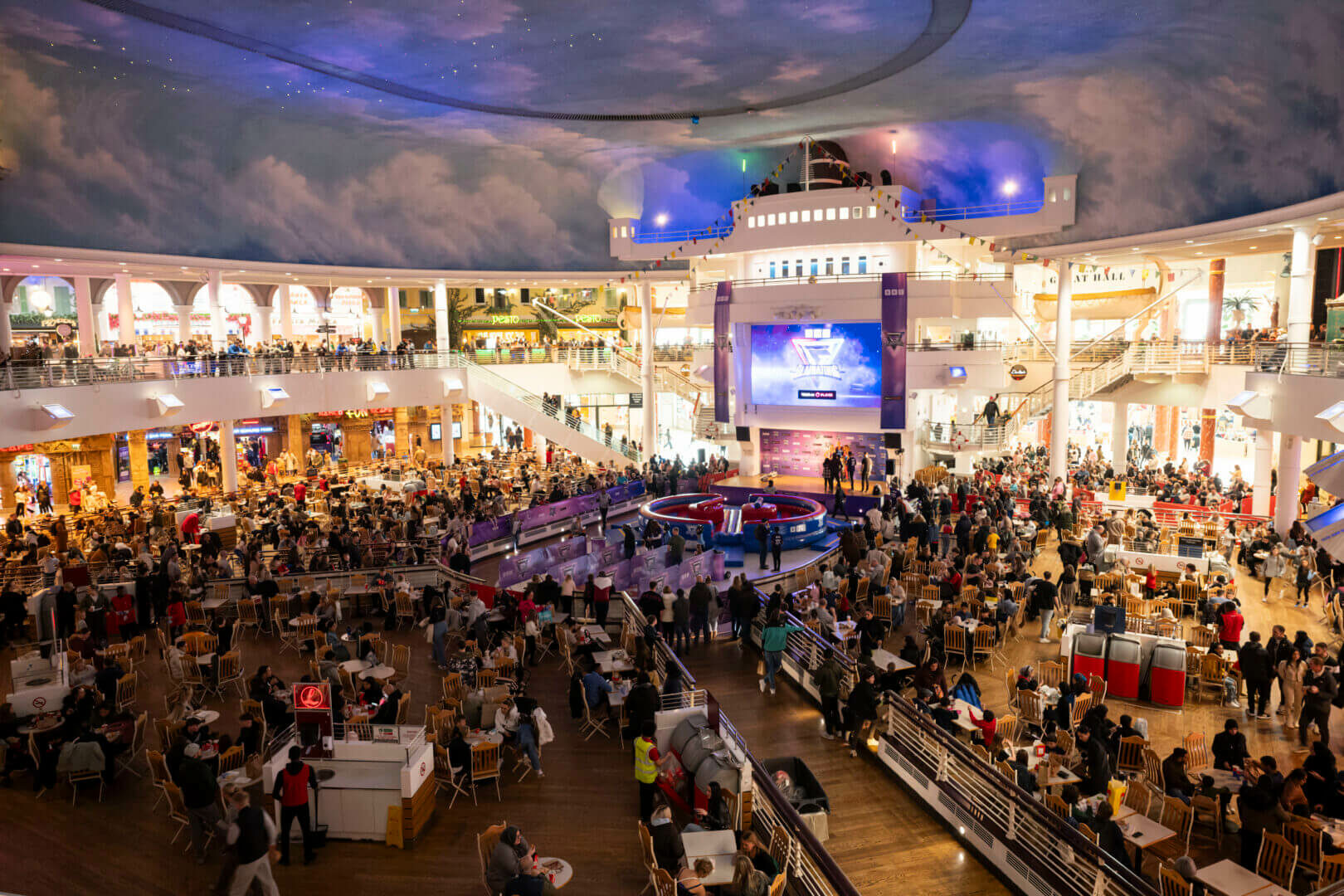Capitalising on our future travel experiences and huge change ahead
Identifying trends to drive change
I recently attended Future Travel Experience (FTE) EMEA, an event co-located with FTE Ancillary and The New Airport Show in Istanbul.
This event was significant for a number of reasons, but primarily because it allowed us to learn more about how technology will influence behaviours, with a compelling focus on the consumer journey of the future.
Following the launch of our Latitude brand within the Plexus network earlier this year, I was further encouraged by how we’re positioning our view of the connected traveller.
Inspired by futurist Rohit Talwar from Fast Future, a speaker at the event, and very much aligned with our vision for the future, some of the key global travel trends to 2024 make for an exciting and evolving space.
For example, as flight numbers grow rapidly, we’re seeing the emergence of new global middle classes and a higher frequency of travel in developed markets. Opportunities persist in end to end trip curation, connected working practices and the expanding influence of social media. And of course, airports as destinations themselves driving ancillary (non-ticket services) revenues.
At Plexus, this means considering advertiser change dynamics embracing biometric development, seamless experiences, robotics and AI, real time language generation and alternative transport options (hyperloop, drones), all whilst considering the implications of a carbon backlash.
For the future consumer journey, we are now contemplating things like how we can influence passengers on the way back before another trip, whilst incrementally improving the experience each time. In other words, moving from a linear to a circular journey.
Talwar brought this to life outlining some of the following factors that will have a major influence on our comms strategies around the connected traveller. These include:
- All airport transactions becoming seamless, including security, shopping, passing through security. Unique biometric IDs removing the need for a passport.
- Killing time once through security is likely to be easier and easier. Experiences through VR will become near real-life.
- AI will build a package based on all of your conscious and indeed unconsciously identified preferences and give you the option to book.
- Facial recognition on entry to destination
- No longer posting holiday snaps on Facebook. A full AI review of the trip posted to your social profile, moving on from the influencers of today to those of tomorrow.
These present their own opportunity for advertisers, which I’ll explore in more detail in a second part to this blog. But needless to say, there will be both fantastic and simple technology-led opportunities for brands to connect with people in a more engaging, frictionless way.
In an era of automation, a re-occurring feature of FTE EMEA has been seamless processes, removing friction at all points. However, as Tan Lye Tech from Singapore Changi suggests, self-service does not equal no service. Passengers will always want trained, capable, friendly humans on hand. Current studies suggest people are nervous about communicating with robots, but over time this will be normalised.
All major stakeholders in this industry are aware of the potential ahead and will be expecting change along the way. Actually, making it happen is another story altogether. We must all adopt clear strategies and be brave. AWS (Amazon Web Services) are already looking to influence the space. Unlike the airlines and airports, they are not impacted by legacy challenges through hardware and antiquated systems, and with scale and deep enough pockets to succeed, they represent a major challenge to traditional players in this space.
With Latitude, Plexus‘s Connected Traveller offering, we will ensure that brands are aware of the environment that they’re active in at present, but that they also take in to account every possibility for this exciting future.
– Tom Perrett, Client Services Director, Plexus



